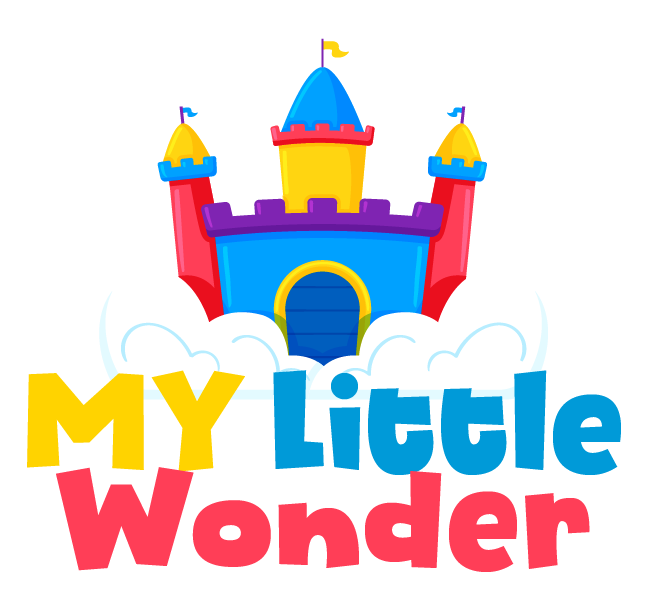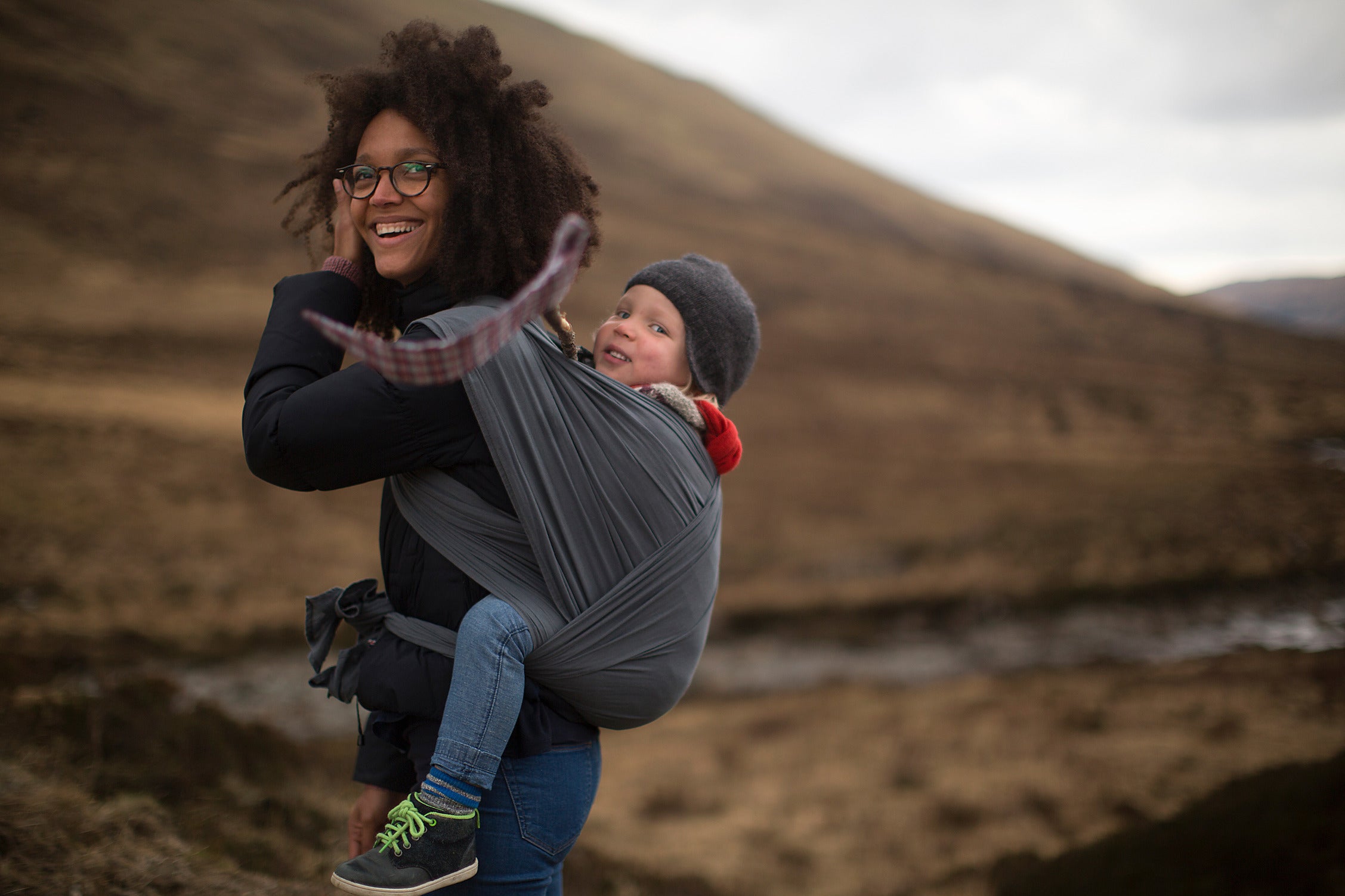Welcoming a newborn into your life is a profound, life-changing experience. For first-time parents, it’s a mix of sheer joy and moments of uncertainty. From decoding a baby’s cries to setting up a cozy nursery, each step is a new adventure filled with learning.
While caring for a newborn may feel overwhelming at times, the rewards are unmatched. Watching your little one grow, smile, and recognize your face are moments that make every sleepless night worthwhile.
Being well-prepared with the right knowledge and tools ensures you’re ready to navigate these early months with confidence and ease. Let’s dive into the essentials to help you care for your newborn like a pro.
Understanding Your Newborn’s Needs
How Do Newborns Communicate?
Newborns communicate primarily through cries, coos, and body language. Each cry is unique, signaling hunger, discomfort, or the need for attention. Pay close attention to the pitch and intensity—over time, you’ll become an expert at identifying what your baby needs. Coos and gurgles, on the other hand, are signs of contentment and curiosity, inviting you to bond and respond with affection.
Key Needs: Sleep, Food, and Comfort
Your newborn’s world revolves around three key needs:
- Sleep: Newborns sleep up to 16–17 hours a day, though often in short stretches.
- Food: Regular feeding every 2–3 hours is essential for growth.
- Comfort: A clean diaper, soothing swaddle, and lots of cuddles create a sense of security.
Setting Up a Safe and Comfortable Environment
Choosing the Right Newborn Gear
Creating a safe haven for your baby starts with thoughtful choices in gear. Essentials include a crib or bassinet that meets safety standards, swaddles for secure sleeping, and a baby monitor to provide peace of mind during rest periods. For parents on the go, finding the best baby carrier for newborns is invaluable. A well-designed carrier offers comfort and convenience, allowing you to keep your little one close while having your hands free. This versatile item can also promote bonding and provide a sense of security for your baby. Essentials include:
- A crib or bassinet that meets safety standards.
- Swaddles or sleep sacks for secure, cozy sleeping.
- A baby monitor to keep an eye on your little one, especially at night.
Consider the Portable Folding Newborn Bionic Crib, which offers a snug, womb-like sleeping environment for your baby.
Babyproofing Essentials
As your baby grows, their curiosity will lead them to explore. Babyproofing your home ensures their safety:
- Secure furniture and heavy objects to prevent tipping.
- Use outlet covers and cabinet locks.
- Install safety gates near stairs and off-limits areas.
Feeding Your Baby
Breastfeeding Basics
Breastfeeding offers unparalleled benefits, both for the baby and the mother. It provides essential nutrients, strengthens immunity, and fosters a deep emotional bond. For first-time mothers, getting started might require some patience and guidance. Latching correctly is key—don’t hesitate to seek support from a lactation consultant if needed. Stay hydrated and maintain a balanced diet to support milk production.
Bottle Feeding Tips
For families choosing formula or supplementing with bottles, selecting the right formula and feeding equipment is crucial. Look for bottles with anti-colic features to minimize air intake and reduce discomfort. Consistency in sterilizing bottles ensures your baby stays healthy. The Rechargeable Bottle Warmer is an excellent tool for quick and efficient bottle preparation, especially during late-night feeds.
Understanding Baby Hunger Cues
Babies have unique ways of signaling when they’re hungry or full:
- Hunger cues: Smacking lips, rooting (turning their head toward touch), or sucking on hands.
- Fullness signs: Turning away from the nipple, decreased sucking, or falling asleep during feeding.
Learning to recognize these cues can help avoid overfeeding or underfeeding, ensuring your baby gets the nourishment they need.
Establishing Healthy Sleep Habits
How Much Sleep Does a Newborn Need?
Newborns typically sleep for 14–17 hours a day, spread out in short bursts of 2–4 hours. Their sleep cycles are shorter than adults, with frequent waking for feeds. While the unpredictability of newborn sleep can be challenging, it’s temporary. As they grow, their sleep becomes more structured.
Swaddling Techniques for Better Sleep
Swaddling mimics the snug comfort of the womb, helping newborns feel secure. It can prevent the startle reflex, allowing them to sleep longer stretches. The Newborn Swaddle Blanket with Bow combines functionality with adorable design, making bedtime a bit easier for parents and babies alike.
Preventing and Managing Sleep Regression
Sleep regressions, often occurring around 4 weeks, 4 months, and later stages, can disrupt established routines. During these periods:
- Stick to a consistent bedtime routine.
- Use white noise to recreate soothing womb-like sounds.
- Be patient—regressions usually resolve in a week or two as your baby adjusts to developmental changes.

Mastering Diapering 101
Cloth vs. Disposable Diapers
Choosing between cloth and disposable diapers depends on your priorities:
- Cloth diapers: Eco-friendly and cost-effective, but require regular washing.
- Disposable diapers: Convenient and widely available, though less environmentally friendly.
Many parents find a mix of both options works best.
Tips for Preventing Diaper Rash
Diaper rash is common but preventable:
- Change diapers frequently to keep the area dry.
- Use a barrier cream or ointment as protection.
- Opt for gentle, fragrance-free wipes or clean with water and a soft cloth.
Bath Time Fun and Safety
How Often Should You Bathe a Newborn?
Newborns don’t need daily baths; 2–3 times a week is sufficient during the early months. Over-bathing can dry out their delicate skin. Focus on keeping the diaper area, face, and neck folds clean daily with gentle wipes or a soft cloth.
Essential Baby Bath Products
The right bath products can make bath time safe and enjoyable:
- A baby bathtub with non-slip features.
- Mild, tear-free baby shampoo and body wash.
- Soft washcloths for gentle cleaning.
After the bath, wrap your baby in a cozy Baby Hooded Poncho Bath Towel to keep them warm and snug.
Making Bath Time Enjoyable
Transform bath time into a bonding experience by:
- Maintaining a warm, comfortable room temperature.
- Gently massaging your baby while washing to relax them.
- Using fun bath toys or singing softly to keep them entertained.
Dressing Your Newborn
How to Choose Baby-Friendly Clothing
When selecting clothing, prioritize comfort and ease of use:
- Opt for soft, breathable fabrics like cotton to prevent irritation.
- Look for clothes with snaps or zippers for effortless diaper changes.
- Avoid items with rough seams or decorative elements that may irritate the skin.
Consider the Newborn Baby Bodysuits for a practical, comfortable, and adorable wardrobe staple.
Dressing for Different Seasons
Keeping your baby comfortable in varying weather is crucial:
- Winter: Layer clothing to retain warmth. Use hats, mittens, and warm blankets.
- Summer: Dress your baby in light, breathable clothing and protect them from direct sunlight with a wide-brimmed hat.
- In-between seasons: Use layers that can be added or removed as needed.
Understanding Common Health Concerns
Recognizing Signs of Illness
Newborns can’t tell you they’re unwell, but subtle changes in their behavior or appearance may indicate illness:
- Fever above 100.4°F (38°C) in babies under 3 months requires immediate attention.
- Persistent crying, reduced feeding, or lethargy could signal a problem.
- Look out for rashes, breathing difficulties, or unusual stool patterns.
When in doubt, consult your pediatrician promptly.
Maintaining Good Hygiene
Good hygiene minimizes the risk of infections:
- Trim your baby’s nails regularly to prevent scratches. The Electric Baby Nail Trimmer makes this task safe and easy.
- Wash your hands before handling your baby, especially after changing diapers or feeding.
Baby’s First Vaccinations
Vaccinations are crucial for protecting your newborn against serious illnesses. Your pediatrician will provide a schedule, typically starting with vaccines for hepatitis B, rotavirus, and more. Keep records updated and don’t hesitate to ask questions about any concerns.

The Importance of Bonding and Development
Skin-to-Skin Contact Benefits
Holding your baby close, skin-to-skin, provides numerous benefits:
- Regulates their temperature, heart rate, and breathing.
- Strengthens the parent-child bond.
- Promotes breastfeeding by stimulating milk production and encouraging latching.
Encouraging Milestones
Every giggle, grasp, and crawl is a milestone worth celebrating. Support your baby’s development by:
- Offering tummy time to strengthen their neck and core muscles.
- Encouraging interaction through eye contact and vocal mimicry.
- Providing age-appropriate toys to stimulate learning and curiosity.
Interactive Toys for Growth
Interactive toys can spark joy while supporting development. The Crawling Crab Baby Toy is a fantastic choice for encouraging motor skills and coordination as your baby starts exploring movement.
Interesting Facts About Newborns
- Newborns can recognize their mother’s voice and heartbeat from birth, creating an instant connection.
- They spend approximately 70% of their time sleeping, allowing their brain and body to grow.
- Did you know that babies have more taste buds than adults? While they mostly consume milk, their heightened sense of taste is fascinating!
Tips for First-Time Parents
- Stay Calm: Babies pick up on your emotions. During fussy periods, take deep breaths and approach the situation with patience.
- Build Routines: Establish consistent patterns for feeding, sleeping, and playtime to help your baby feel secure.
- Use White Noise: Recreate the comforting sounds of the womb with white noise machines or apps to soothe your baby to sleep.
- Invest in Multi-Functional Items: Products like the Baby Nest Bed provide versatile, safe spaces for your baby to rest, making your life a little easier.
Parenthood is a learning journey—don’t hesitate to seek advice from other parents, family, or professionals when needed.
| Category | Item | Description |
|---|---|---|
| Feeding | Bottle Warmer | Quick feed preparation |
| Sleeping | Swaddle Blanket | Ensures secure, comfortable sleep |
| Bath Time | Hooded Towel | Keeps baby warm post-bath |
| Development | Crawling Toy | Encourages motor skill development |
FAQs
How often should I feed my newborn?
Feed your newborn every 2–3 hours, or on-demand if breastfeeding.
What’s the safest way to swaddle my baby?
Ensure the swaddle is snug but not too tight, and always leave room for hip movement.
When should I start tummy time?
Begin tummy time as early as a few days old for 1–2 minutes, gradually increasing duration.
How do I soothe a crying baby?
Check for common triggers like hunger, a wet diaper, or discomfort, and use gentle rocking or swaddling.
Is it normal for newborns to spit up after feeding?
Yes, occasional spit-ups are normal as their digestive systems develop.
How often should I change my baby’s diaper?
On average, every 2–3 hours or as soon as it’s soiled.
What should I include in a diaper bag for outings?
Diapers, wipes, a change of clothes, feeding supplies, and a small toy.
When can I start using baby lotion or powder?
Lotion can be used after the first month; avoid powders as they may irritate the baby’s lungs.
Are pacifiers safe for newborns?
Yes, but ensure they are designed for newborns and sterilized regularly.
How can I bond with my baby during daily routines?
Sing, talk, and make eye contact during feeding, bathing, and playtime.
Embracing the Journey of Parenthood
Parenthood is a beautiful, ever-evolving journey. While it may come with its share of challenges, the joys of watching your baby grow, learn, and thrive are unmatched. Remember, it’s okay to feel uncertain at times—every parent learns through experience.
Cherish these fleeting moments of infancy, as they will soon transform into cherished memories. You’ve got this!




Leave a comment
This site is protected by hCaptcha and the hCaptcha Privacy Policy and Terms of Service apply.